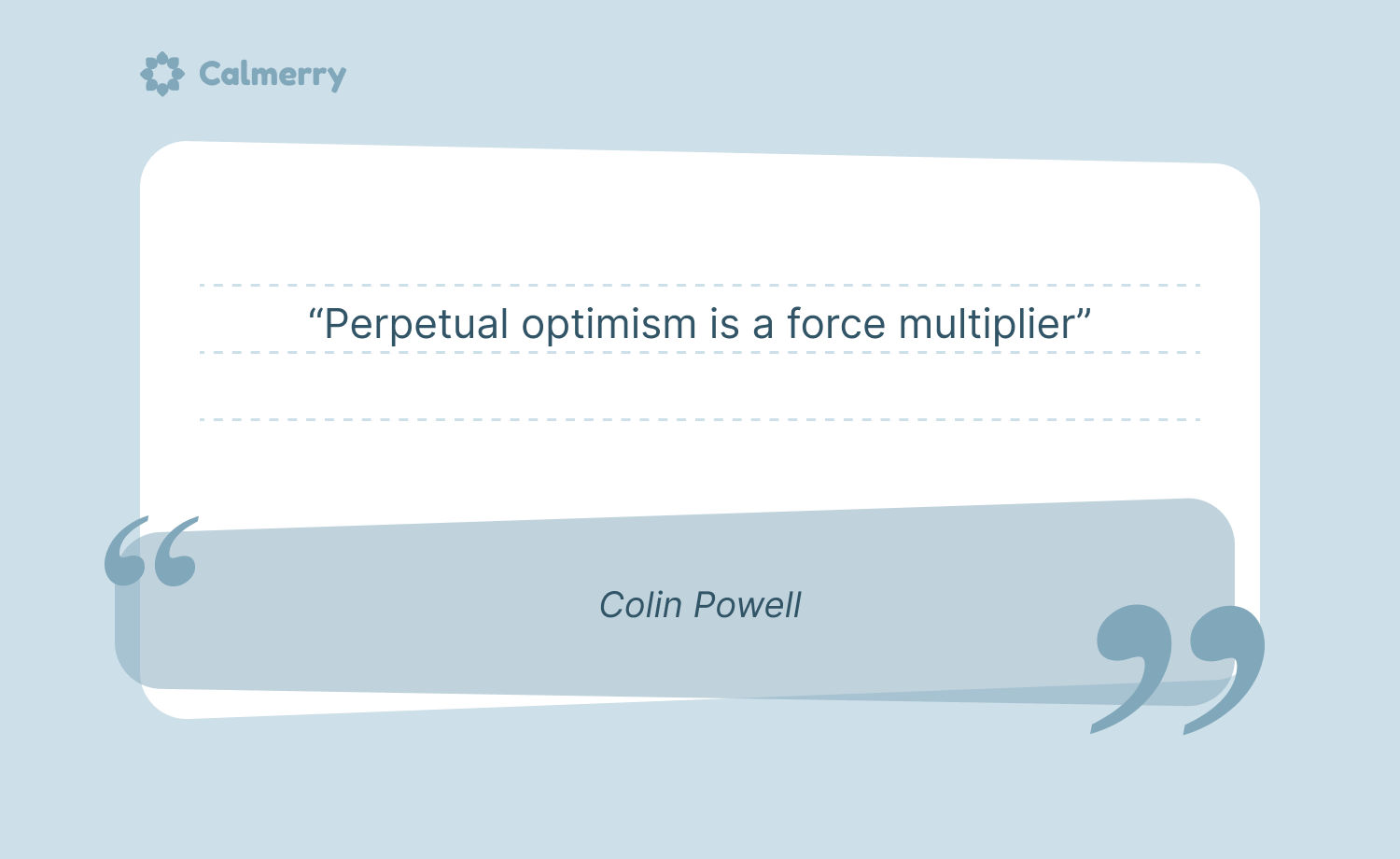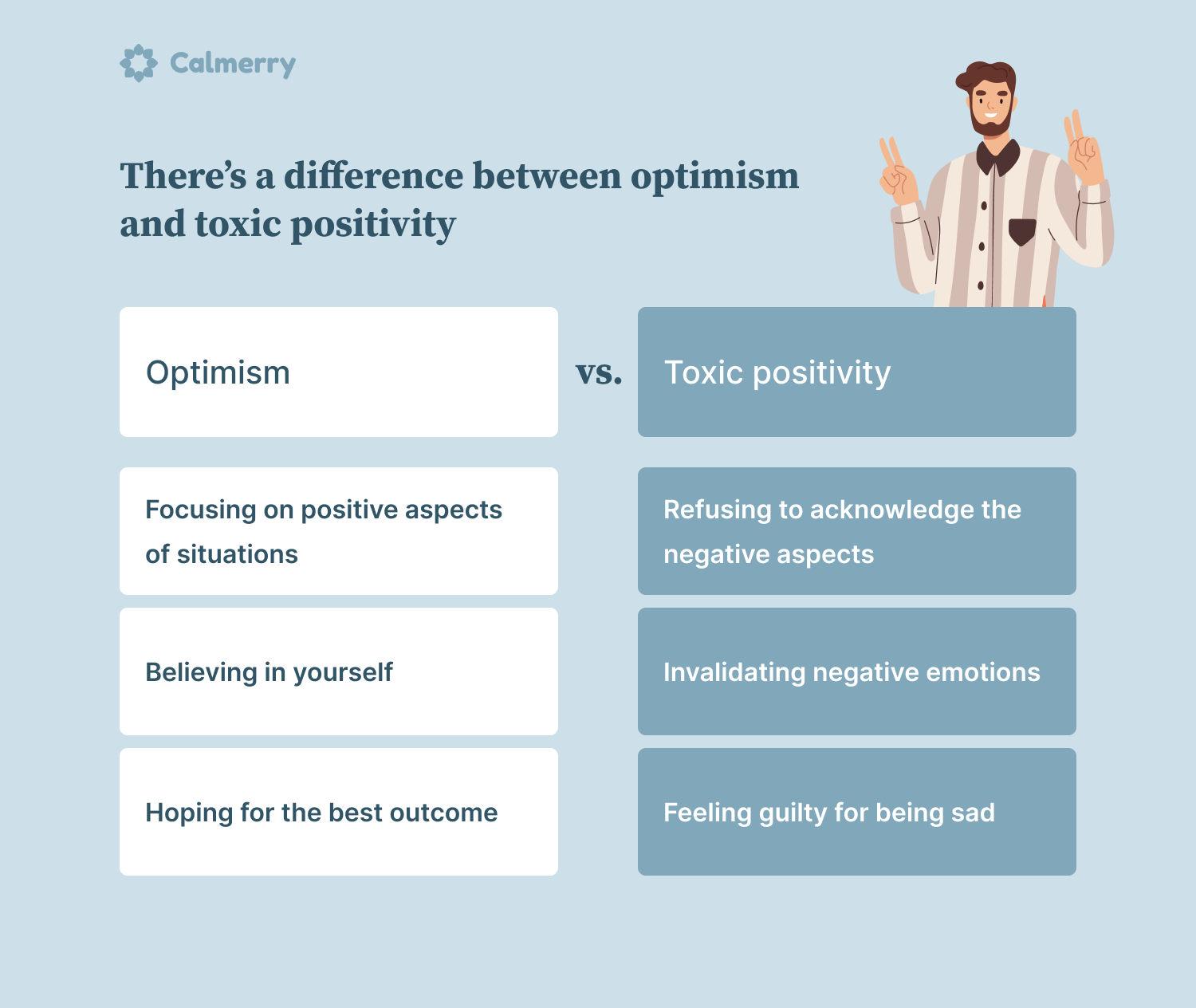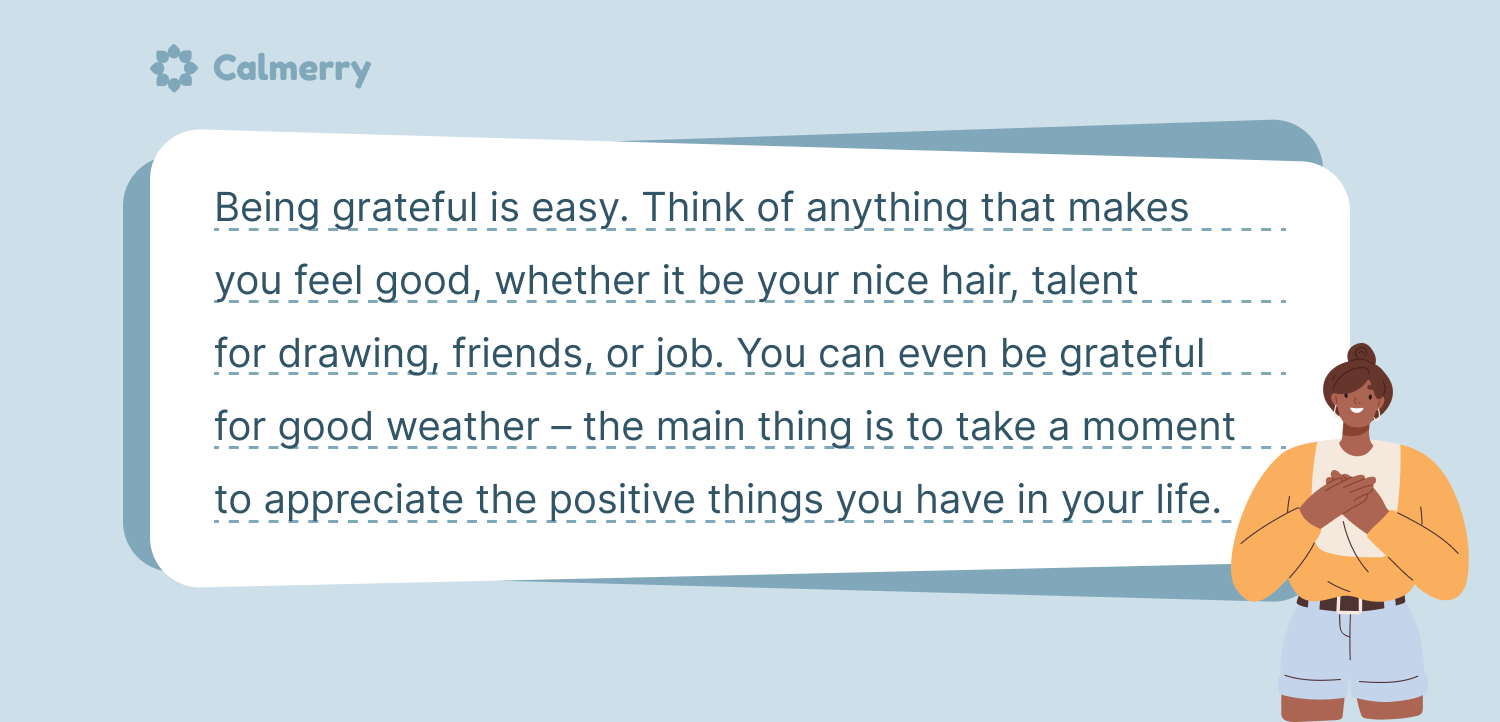Lemons & Lemonade: How to Be More Optimistic

In this article
Do you see the glass as half-full or half-empty? Optimism is a beneficial outlook to have, and not just because it makes you happier and a more pleasant person to be around.
In 2007, a group of researchers investigated the relationship between a pessimistic/optimistic mindset and the mental health of people who suffered the consequences of an explosion in a residential area. The results showed that victims who had a more pessimistic attitude were at a higher risk of developing depression and symptoms of obsessive-compulsive disorder.
Similarly, optimism has been linked to improved physical health. Another research conducted in 2003 revealed that cancer patients who displayed a more optimistic mindset manifested greater survival a year after the diagnosis in comparison to those who were more pessimistic. When you’re optimistic, you get to enjoy better resilience and health.
If you consider yourself to be more of a pessimist, the good news is that it’s possible to train yourself to see the world through a positive lens. Keep reading to find out how to be optimistic.
What is optimism?
Optimism is defined as a set of beliefs or attitudes characterized by confidence about what happens in the future. People who display a positive mindset tend to have more faith in their abilities and believe that things will turn out well.
If things don’t go well, optimistic people are quicker to move on instead of dwelling on what could have been. Optimism is a way of life that helps you understand that failure is a part of the game.
How does an optimistic mindset change my tomorrow?
It’s impossible to be optimistic all the time. When you have a bad day, you’re more likely to see things in a negative light, and sometimes, everything just becomes too much. However, most people tend to relate to having either an optimistic or negative mindset, and those that are in the first group are seen as happier and more successful.

When something bad happens in an optimistic person’s life, they’re less likely to beat themselves up and blame failure on external circumstances, which makes them more resilient.
An optimist knows that a negative situation is temporary, learns from their mistakes, and moves on. On the other hand, when things go well, an optimist may expect more good things to happen in the future and attribute success to their efforts rather than sheer luck.
Being an optimistic person can help you succeed because it gives you the motivation to keep going despite the obstacles and helps you stay focused on your goals even when everything seems to be going wrong all at once.
What makes a person optimistic?
If you’re wondering which category you fall into, consider how you’ve dealt with problems in the past. Do you tend to spend a lot of time dwelling on your shortcomings when things don’t go your way? Or, do you see obstacles as an opportunity to grow?
Optimists also believe that everything happens for a reason and try to see the good in every situation. For example, if your date doesn’t think that you’re a good match, you’re able to move on fast because you have faith that rejection brings you a step closer to meeting a person who’s truly made for you.
Optimism is contagious and people typically tend to attract those who have the same kind of energy. If you’re surrounded by friends who have a can-do attitude and enjoy life, it’s a sign that you display the same positive mindset.
How to be more optimistic about the future
Even though people are born with a tendency to be either more optimistic or pessimistic, sometimes our attitude is a product of the environment.
If your parents were more likely to focus on the negatives, you were taught that this is the way you should live your life. However, learned behavior can be changed, and you can train yourself to be more positive.
Here are a few tips on how to be more optimistic.
Understand what optimism is
As nice as it would be to always see the world through rose-tinted glasses, being optimistic all the time isn’t realistic or healthy. For instance, some people misunderstand what optimism really is and choose to cultivate toxic positivity, which does more harm than good.
Toxic positivity refers to a concept that says that we should maintain a positive mindset no matter what’s going on in our lives. People who hold this kind of belief might often tell you to look on the bright side when something bad happens in your life, even when you’re feeling depressed because you’ve broken up with your partner or when you’ve lost your job.

The problem with toxic positivity is that it invalidates people’s feelings and experiences. As a result, toxic positivity may contribute to the development of so-called smiling depression, officially known as persistent depressive disorder. A person with this disorder may appear happy on the outside but feel miserable on the inside.
Learning the difference between optimism and toxic positivity will help you improve emotional intelligence, which is the ability to manage and understand your emotions. Whether you’re experiencing happiness or grief, allowing yourself to feel various emotions is an important part of growth because it makes it easier to achieve your goals and build relationships with others.
Embrace realistic optimism
The key to becoming more optimistic is to embrace realistic optimism. Instead of pretending that everything is great, you can try to find good in every situation. For example, if your job application was rejected, you tell yourself that now you’ll be able to apply for a better opportunity when it comes along.
People who favor this approach also display a growth mindset. They believe that improvement is always possible and that every failure is a chance to learn from mistakes and find better strategies to use in the future. If you pay more attention to positive outcomes instead of negative outcomes, you’re more likely to reach your potential in life.
Try positive affirmations
A huge part of being optimistic is having trust in your abilities and that faith that everything will work out in your favor. If you struggle to believe that things will go well and tend to worry whether you’ll succeed, you can reframe your thoughts with positive affirmations.
Positive affirmations are statements that you’re meant to tell yourself every day, such as “Today will be a good day,” “I am a person capable of great things,” “I am an optimistic person,” or “I trust myself and my abilities.” Repeating such affirmations will improve your mood and eventually train your brain to focus more on the positives. It’s also a great way to overcome self-doubt, as it encourages you to become your own cheerleader.
Try journalling
You can’t become optimistic overnight – changing the way you see yourself and the world takes practice. Journalling is a great way to start small and ease into a new mindset gradually.
One of the most effective journaling techniques is listing things you’re grateful for. You can do it right after waking up or before going to bed. When you practice gratitude, your mind starts paying more attention to positive things in your life, which makes it easier to find good in every situation.
Since you can be grateful for anything you can think of, from having nice hair to being born with a talent for drawing, keeping a gratitude diary also teaches you how to give yourself more credit for your achievements and look for the silver lining. For example, you might have failed to place in a competition but at least connected with the audience and looked good on stage.

Don’t forget about self-care
Lastly, don’t forget to take care of your body and mind. When you feel overwhelmed, it’s difficult to look on the bright side of things. So it’s important to make sure you have enough energy to work on your mindset.
Some self-care ideas include:
- Having a hot bath
- Watching a favorite TV show
- Walking a dog
- Catching up with a friend
- Relaxing with a book
- Doing anything else that brings you joy.
Bonus tip: Change your mindset with talk therapy
Whether you were raised by pessimistic parents or think that pessimism is a quality you were born with, working with a trained therapist is an effective way to rewire your brain and improve your mental health.
One of the therapeutic processes that can help you become more optimistic is cognitive restructuring which involves spotting and modifying negative thinking patterns.
Many people have a habit of looking for negatives. But simply learning how to question these kinds of unpleasant thoughts can train your brain to start generating more positive thoughts.
For example, every time you catch yourself thinking that you should have tried harder, you can remind yourself that you did your best and that you’ll do better next time, or that you aren’t bad at your job, you just weren’t having a good day.
No matter how difficult it is for you to see a glass half-full, keep in mind that you’re not alone. Talk therapy has proven to be effective, and it can be delivered online. A licensed therapist can help you develop a more optimistic outlook on life and overcome any emotional problems that may slow down your growth.
Don’t hesitate to ask for help if you need it. Calmerry is always here for you!
online therapy
live video session


